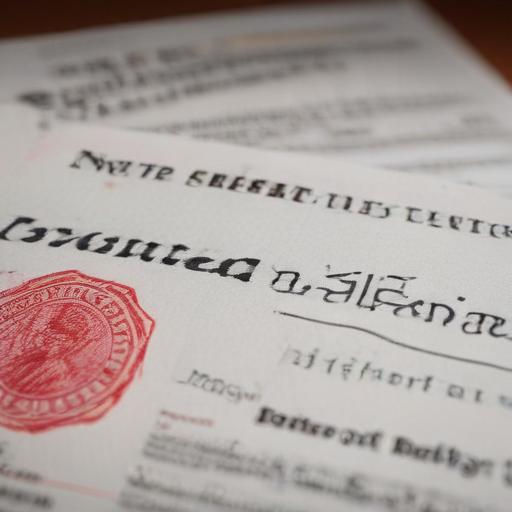President Donald Trump and Senate Republicans face challenges in advancing their comprehensive tax, spending, and policy bill following a ruling from the Senate parliamentarian. Elizabeth MacDonough’s recent decision restricts the proposed amendments concerning repayment plans for current student loan borrowers, complicating efforts to gain support from fiscally conservative legislators.
Lawmakers are under significant pressure to finalize the Senate bill quickly, with the White House aiming for passage by the upcoming July 4 deadline. The requirement for a simple majority vote complicates the situation; all provisions must impact the federal budget directly to qualify under these rules. Recent assessments of similar legislative efforts indicate the need for strategic adjustments to secure the necessary support from within the party.
The parliamentarian previously rejected several proposals aimed at sweetening the deal for Republican votes, including changes to Medicaid and environmental regulations. The current focus on student loans proposes limiting repayment options for future borrowers to two plans: a standard plan with fixed payments for 10 to 25 years and an income-based “Repayment Assistance Plan.” However, current borrowers may not experience these changes, as only new borrowers can be subject to these streamlined options.
As the Senate package is refined, ongoing discussions about the roughly eight million borrowers under President Joe Biden’s SAVE repayment plan remain unresolved, pending legal determinations about the program’s future. Efforts to curb potential issues related to student loan forgiveness for those who experienced fraud or abrupt college closures are also under consideration.
Republicans have been exploring various avenues to revamp student loans and Pell Grants, and despite this setback, opportunities for adjustments remain. If effective collaboration occurs, the passage of supportive measures could benefit a larger number of borrowers and further develop federal student loan programs.
Despite the uncertainty surrounding these reforms, there is hope that constructive dialogue among legislators can lead to solutions that address the needs of both current and future student loan borrowers while balancing fiscal responsibility.
